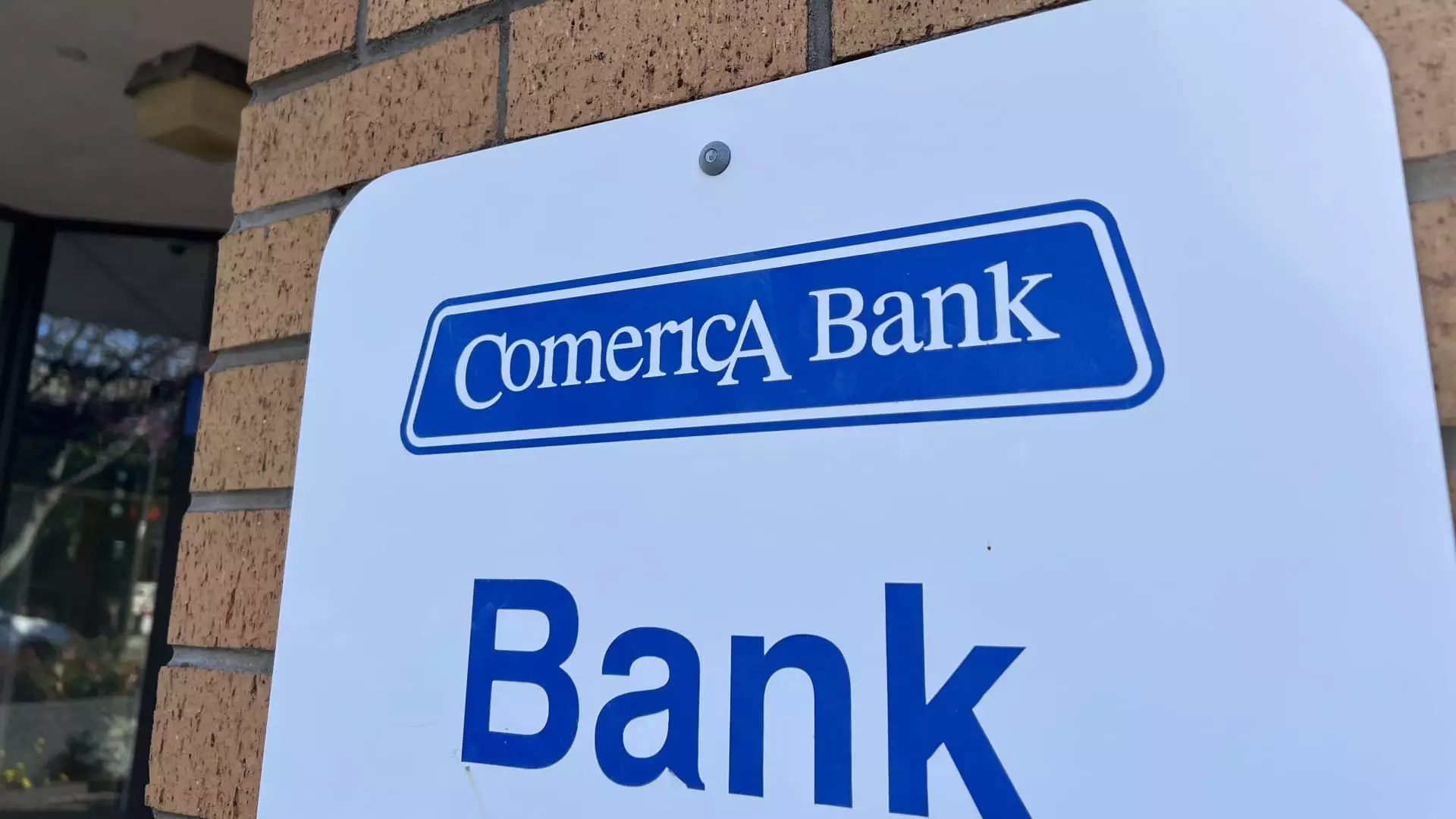The Consumer Financial Protection Bureau (CFPB) has taken substantial steps this week by filing a complaint against Comerica Bank, a significant player in the financial sector known for its role in managing federal benefits programs. The complaint paints a troubling picture of the bank’s operations, particularly in its administration of the Direct Express prepaid debit card program, which serves millions of Social Security and other federal program beneficiaries. The accusations range from systemic call disconnections to unjust ATM fees, raising serious questions about Comerica’s commitment to consumer protection.
The CFPB alleges that Comerica Bank engaged in a range of anti-consumer practices, notably “intentionally terminating” over 24 million customer service calls. Such actions not only undermine the trust that vulnerable populations place in their financial institutions but also highlight a broader systemic issue regarding accountability in banking. Additionally, the complaint states that Comerica charged over 1 million cardholders unnecessary ATM fees and failed to adequately address fraud complaints from beneficiaries. These claims suggest a blatant disregard for the needs of a significant segment of the American population that heavily relies on federal benefits, many of whom are elderly or disabled, thus highlighting the ethical implications of Comerica’s alleged actions.
The Direct Express program is a crucial lifeline for many Americans who do not have traditional banking options. It allows recipients to access their federal benefits easily, which is vital for managing daily expenses such as food and transportation. The seriousness of the allegations against Comerica underscores a potential threat to the financial wellbeing of these individuals. The assertion that customers experiencing issues often found it “impossible to talk to someone” reveals a critical breakdown in customer service that could lead to severe financial consequences for cardholders who need immediate assistance.
Comerica’s Response and Legal Challenges
In response to the CFPB’s actions, Comerica has claimed that their practices have always been conducted under the oversight of the federal government. This defense raises complex questions about the accountability of financial institutions when they manage programs on behalf of the government. Comerica’s counter-arguments, insisting that they acted in good faith, seem to be an attempt to shift the narrative back toward compliance and partnership with federal agencies, questioning the CFPB’s authority in the process.
The case against Comerica Bank is not isolated; it reflects a prevailing need for stricter oversight and accountability in the banking sector, especially concerning consumer protections. The CFPB’s previous actions against institutions like Bank of America serve as a reminder that regulatory bodies are watching closely and that they take consumer grievances seriously. The inconsistency in consumer protections raises alarms about the long-term implications for public trust in banking institutions.
As the CFPB continues its investigation into Comerica Bank, the emphasis on protecting vulnerable consumers remains paramount. The outcome of this case could potentially reshape practices within the banking industry, especially in relation to federally mandated programs. It will be crucial for both the bank and the regulatory body to clarify their roles and responsibilities, ensuring that consumers receive the fair treatment they deserve. Ultimately, the pursuit of accountability within the banking sector is a vital step toward safeguarding the interests of those who rely most heavily on these financial systems.


Leave a Reply